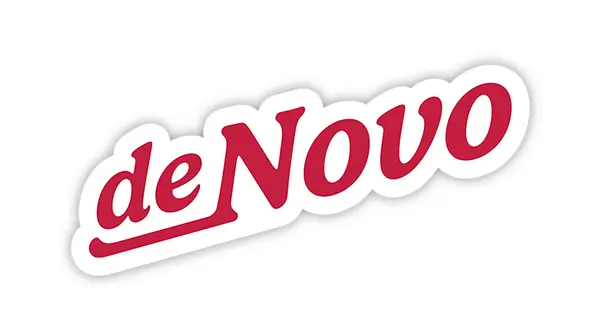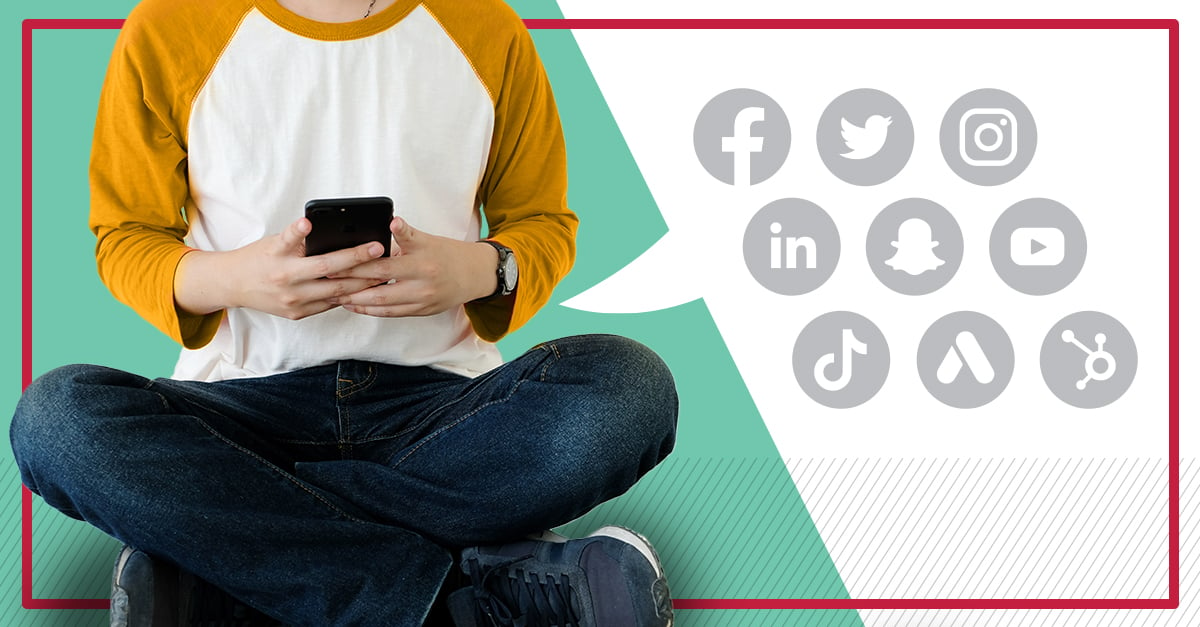Whether you are a marketer, a business owner or a traditional user, we’ve all experienced that heart-dropping moment when you hit “save” on a cover image and suddenly—it doesn’t look right! You’ve likely spent a lot of time choosing or creating the image, re-sizing it for various platforms, and getting it just right. While this is annoying at best, the good news about cover images is that you can quickly remove the image, delete the update from your feed, and wipe the sweat bead from your head in a matter of seconds. Digital ads—not so much.
Fear not. Our digital team has created an amazing resource for you that covers it all. The Digital Media Common Ad Sizes guide is chock-full of design dimensions, information on safe zones (implying there are danger zones, which sounds exciting), file sizes and types, and so much more. Bonus: it’s like, really pretty!
Let’s dive right in, shall we?
Not Your Mother’s Facebook Images
If your mom has a Facebook, then you’ve probably seen your fair share of awkwardly cropped or improperly displayed profile images. It’s the publicly displayed series of readjustment attempts for me.
Take note, as the following information can help both your mom and your business.
PROFILE IMAGE
180 pixels x 180 pixels
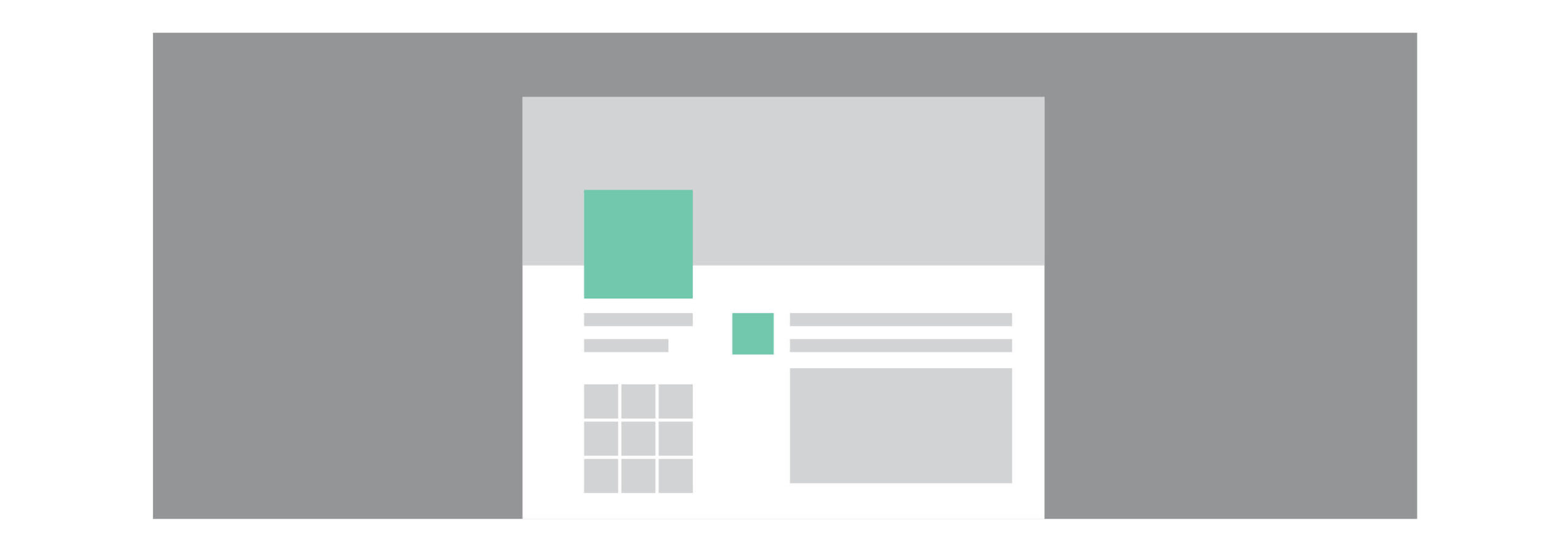
COVER PHOTO
Overall Image Dimensions: 851 pixels x 360 pixels
Desktop Display: 851 pixels x 315 pixels
Mobile Display: 640 pixels x 360 pixels
Safe Zone = 640 pixels x 315 pixels
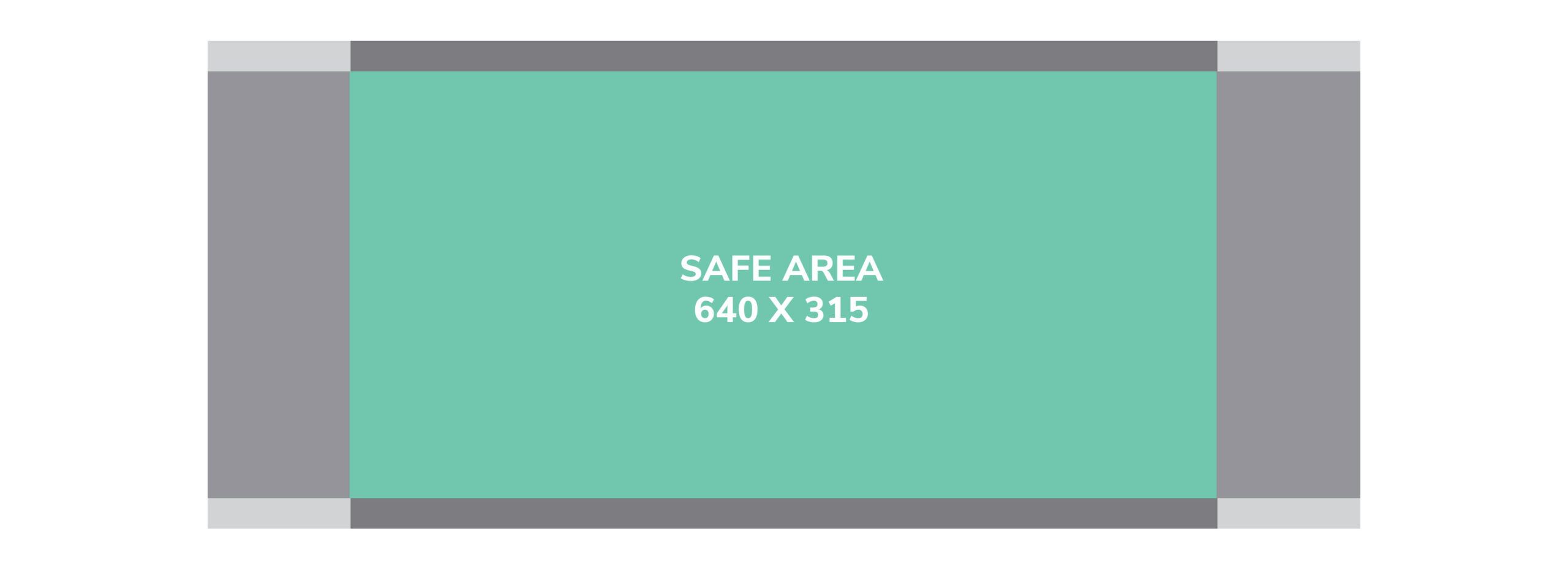
Event COVER PHOTO
Overall Image Dimensions: 1920 pixels x 1080 pixels
Desktop Display: 1920 pixels x 1005 pixels
Mobile: Display: 1080 pixels x 1080 pixels
Safe Zone = 1080 pixels x 1005 pixels
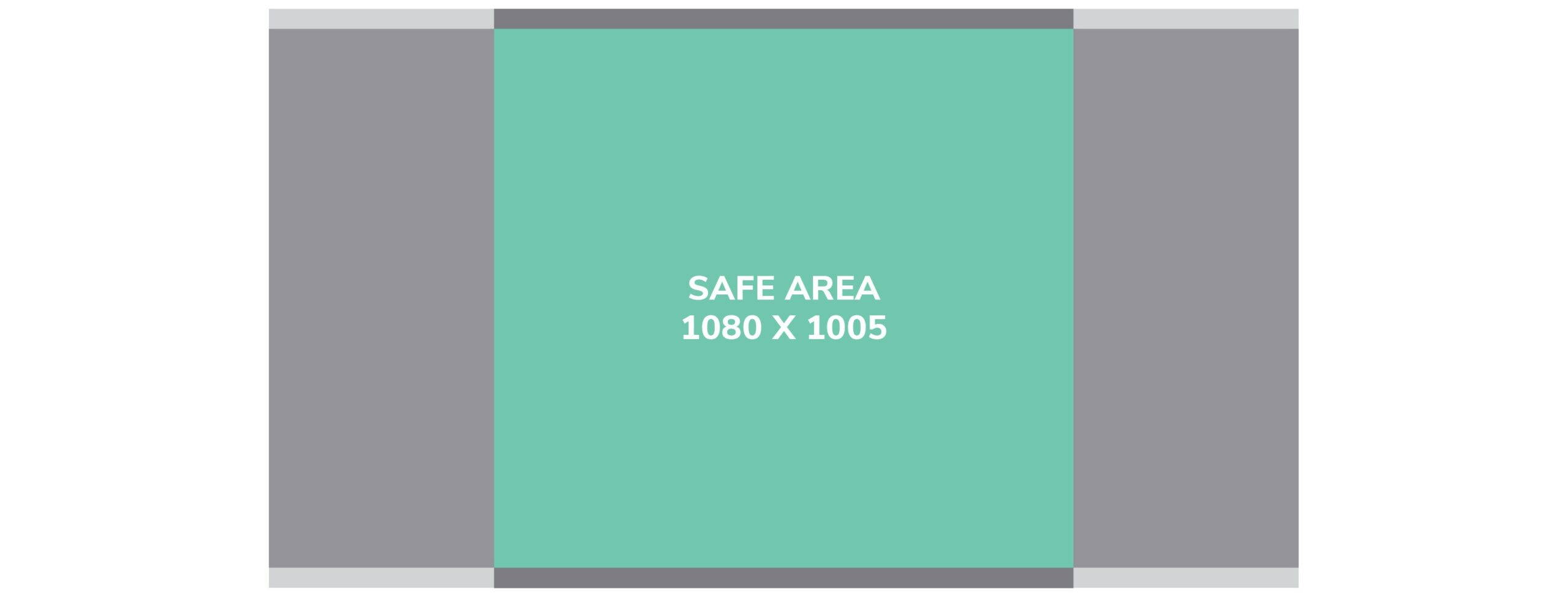
CAROUSEL ADS
1080 pixels x 1080 pixels
2-10 cards per ad
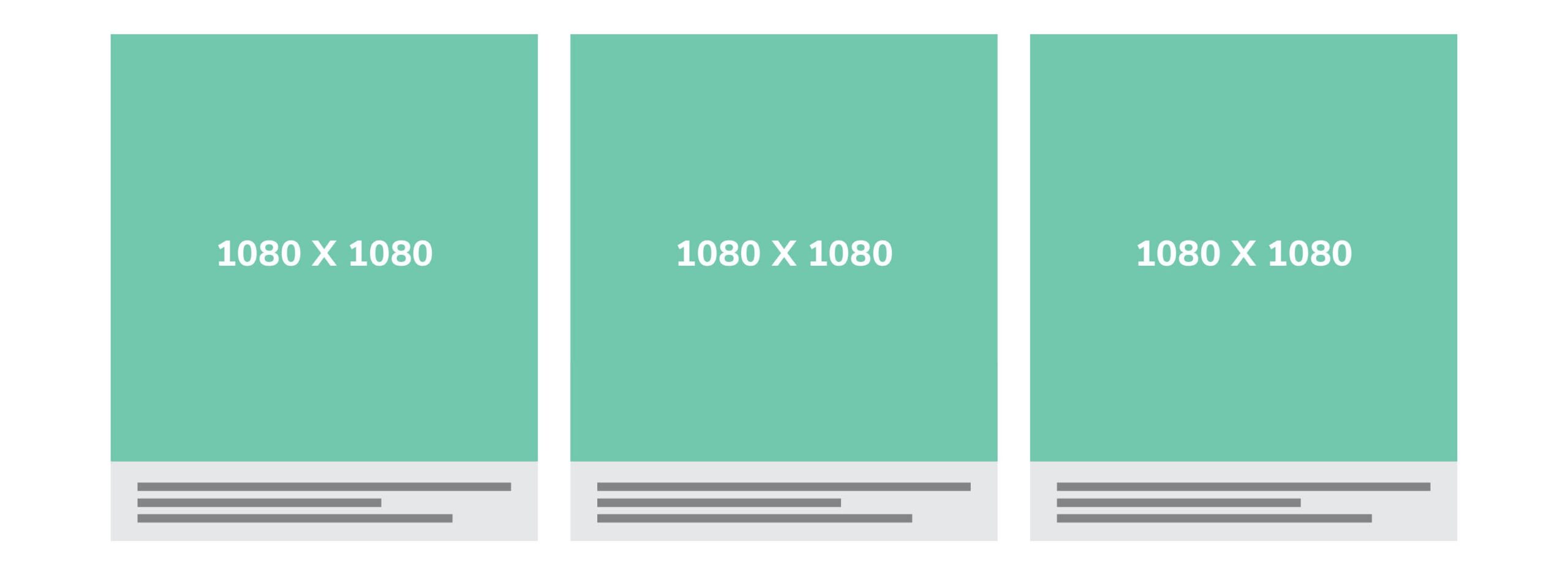
PROMOTED POST/GENERAL GRAPHIC
1080 pixels x 1080 pixels
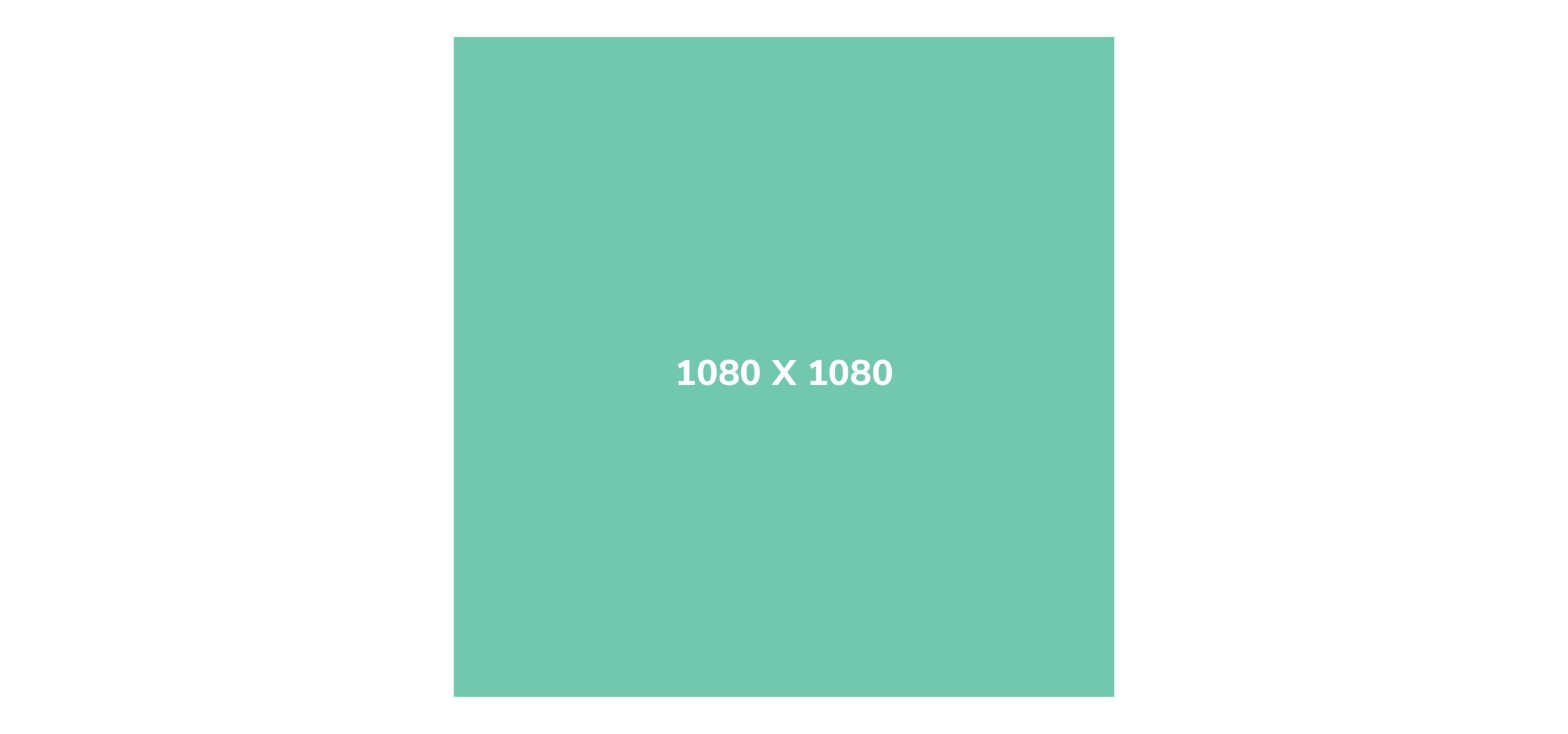
CLICKS TO WEBSITE/PAGE LIKES AD
1200 pixels x 628 pixels
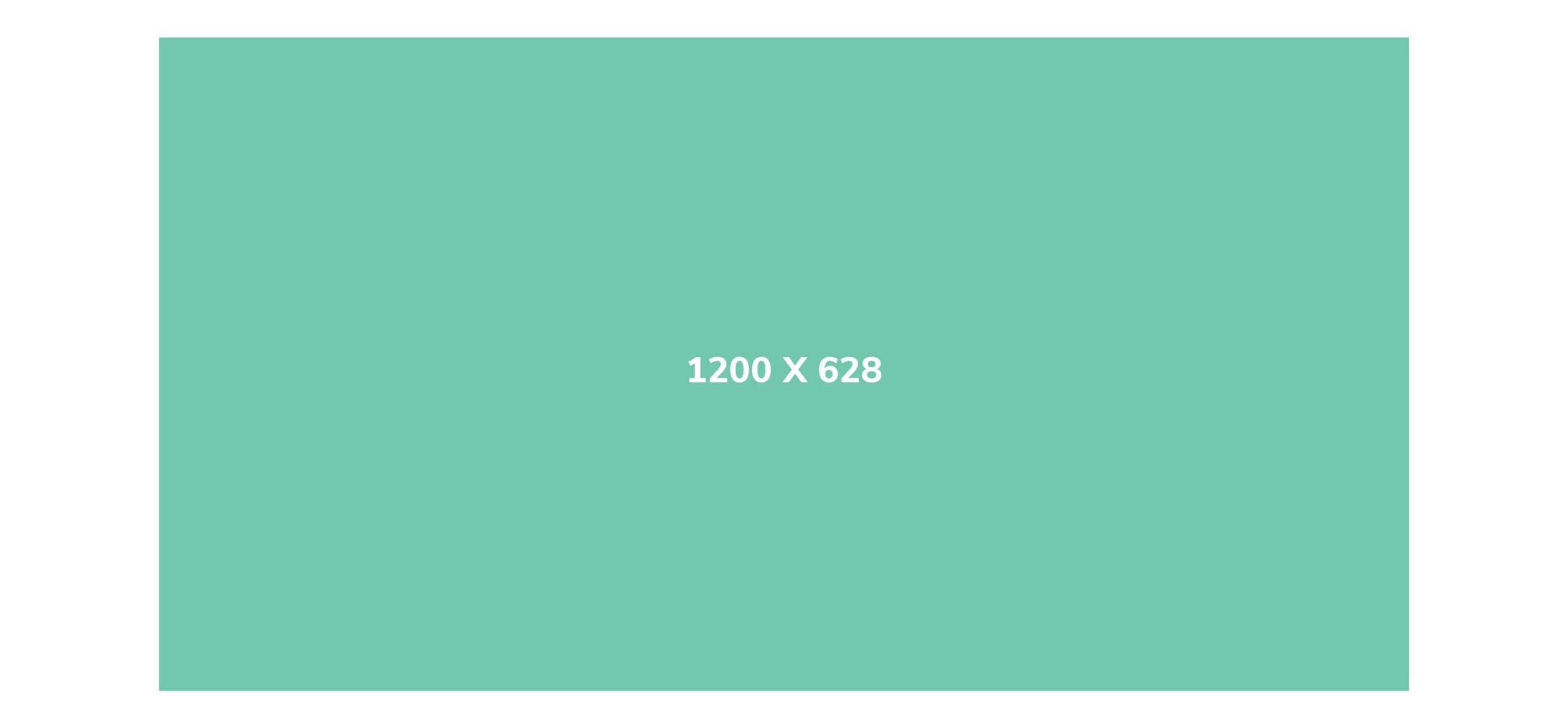
The X Platform (f.k.a. Twitter)—Where Typos Still Thrive
X, formerly known as Twitter, has traditionally been known for its lack of an edit button, making it especially important to have the right image sizes the first time. Despite the change in ownership, the edit button remains elusive.
Regardless, X is a platform often used by companies for customer service, important updates, and fun interactions with their audiences and other brands. With so many eyes on a business page, it’s simply best practice to size images and graphics correctly the first time.
PROFILE IMAGE
400 pixels x 400 pixels
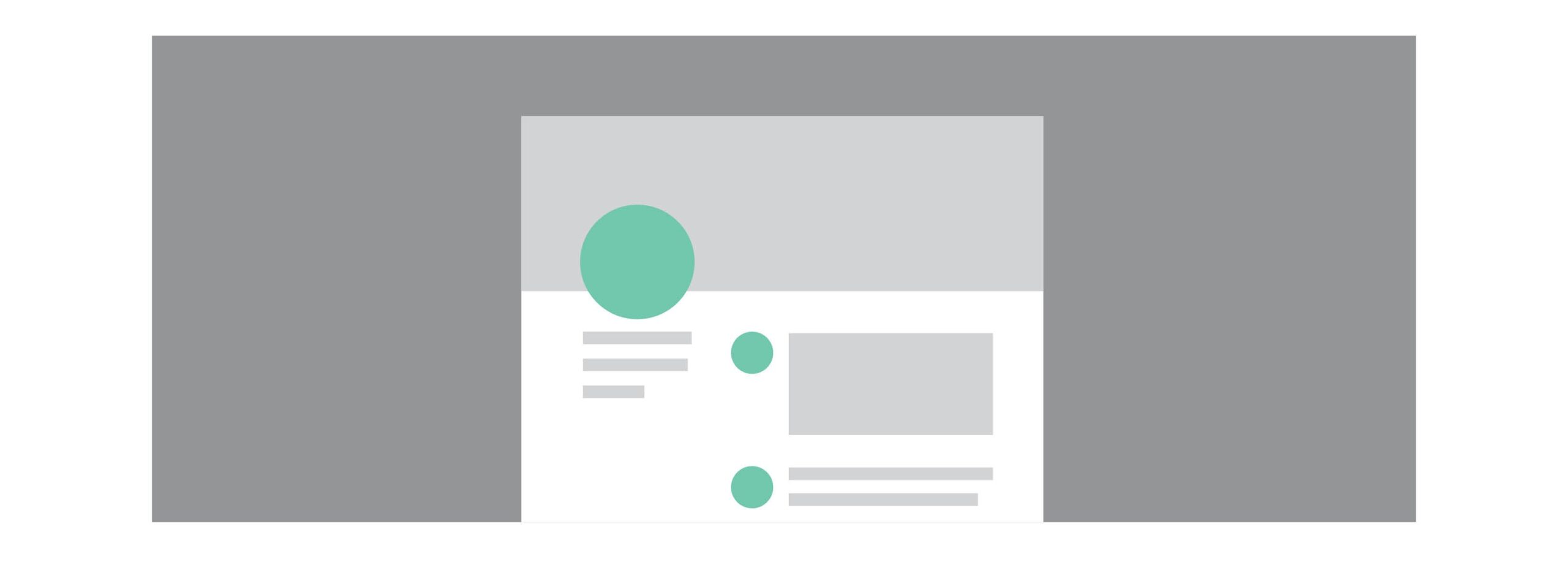
HEADER IMAGE
1500 pixels x 500 pixels
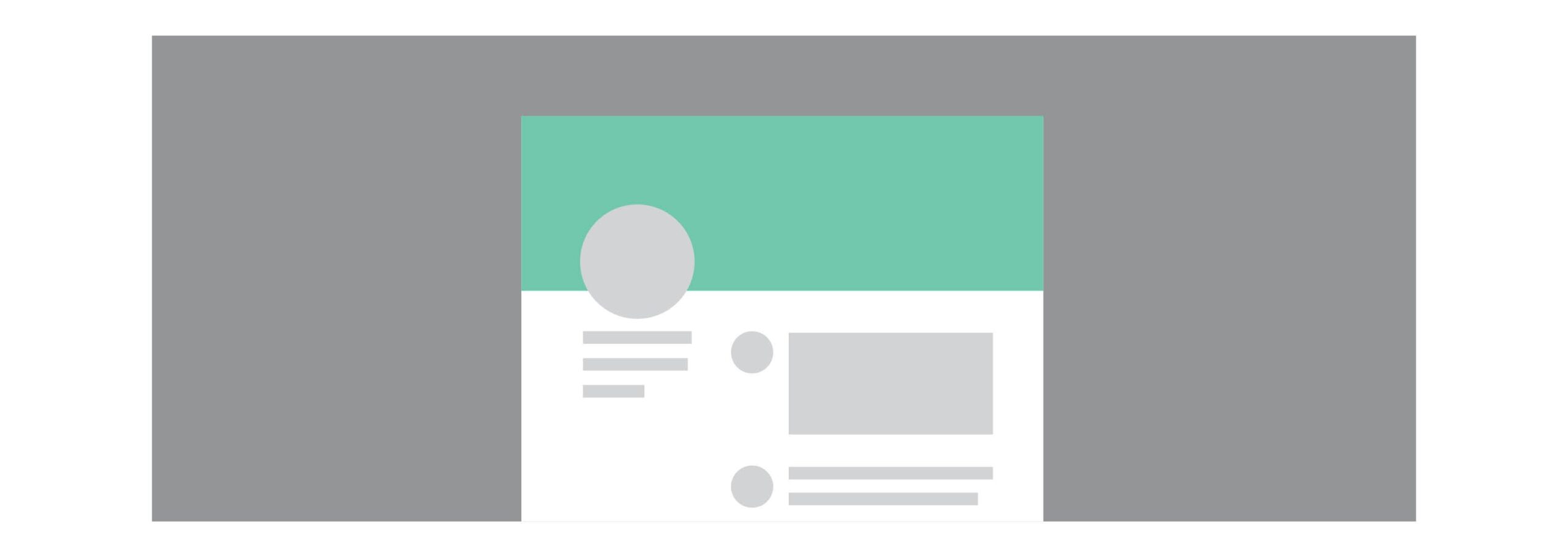
SHARED IMAGES & LINKS
Shared Link: 1200 pixels x 628 pixels
Single Image: 1200 pixels x 675 pixels
Two Images: 700 pixels x 800 pixels for both
Three Images: 700 pixels x 800 pixels (left), 1200 pixels x 686 pixels (right images)
Four Images: 1200 pixels x 600 pixels for each
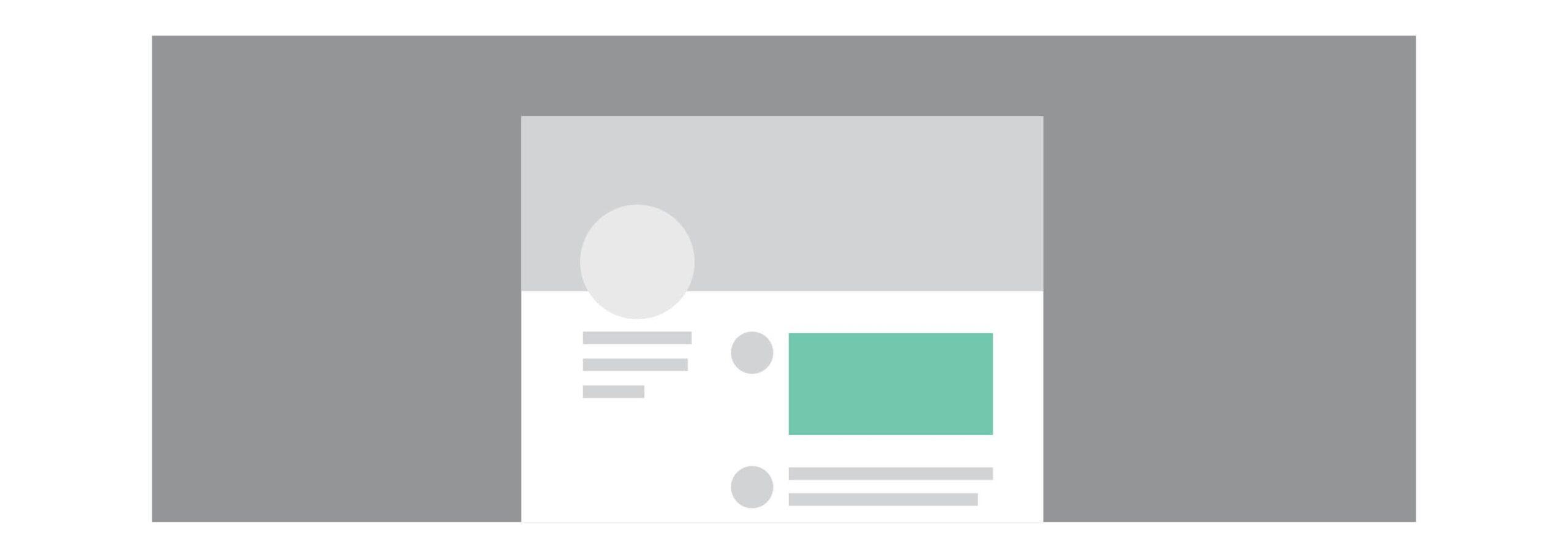
Grid Grief: Give your Instagram a Chance
With the number of businesses, big and small, getting creative with their Instagram grids, it can be hard to stand out. Regardless of the colors, patterns or other quirky details you choose to include—please stop creating rectangle graphics for Instagram posts. Unless all the content is contained within the square safe zone, it will only display a portion of your graphic. If you’re a business or organization posting more graphics than images, this can look messy and unprofessional on your grid. It’s also difficult to skim content and may deter engagement. Might I say: DON’T be there or be square.
PROFILE IMAGE
320 pixels x 320 pixels
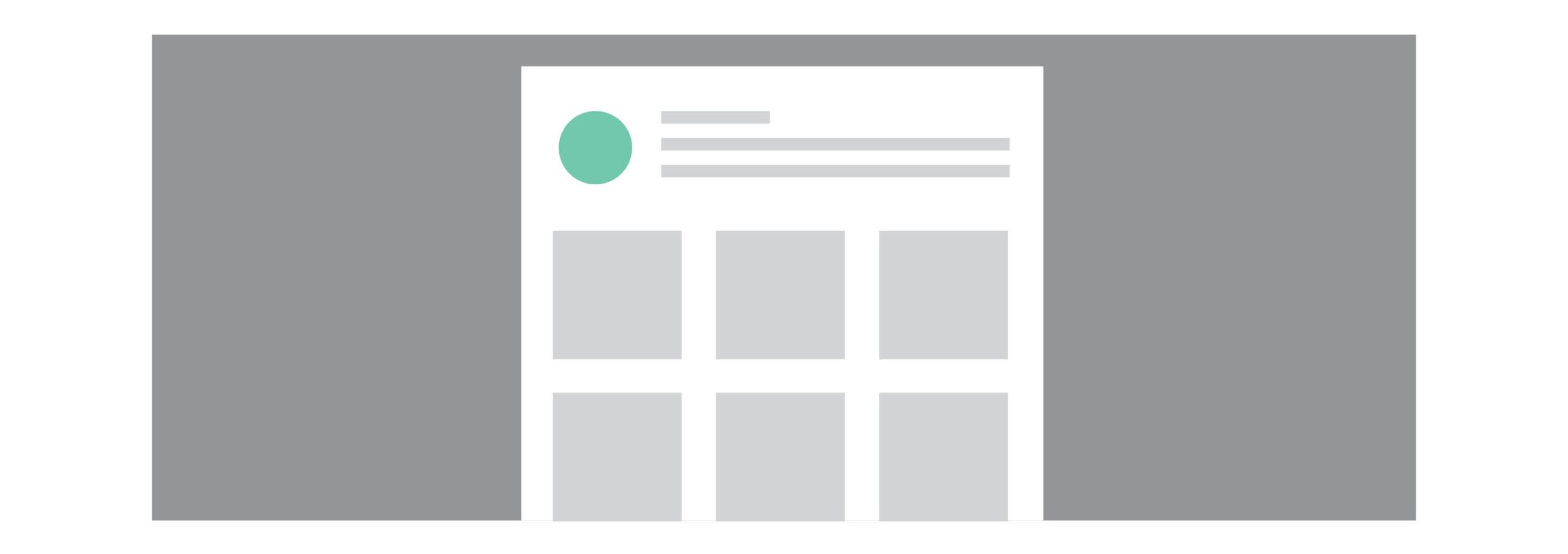
Post
1080 pixels x 1080 pixels
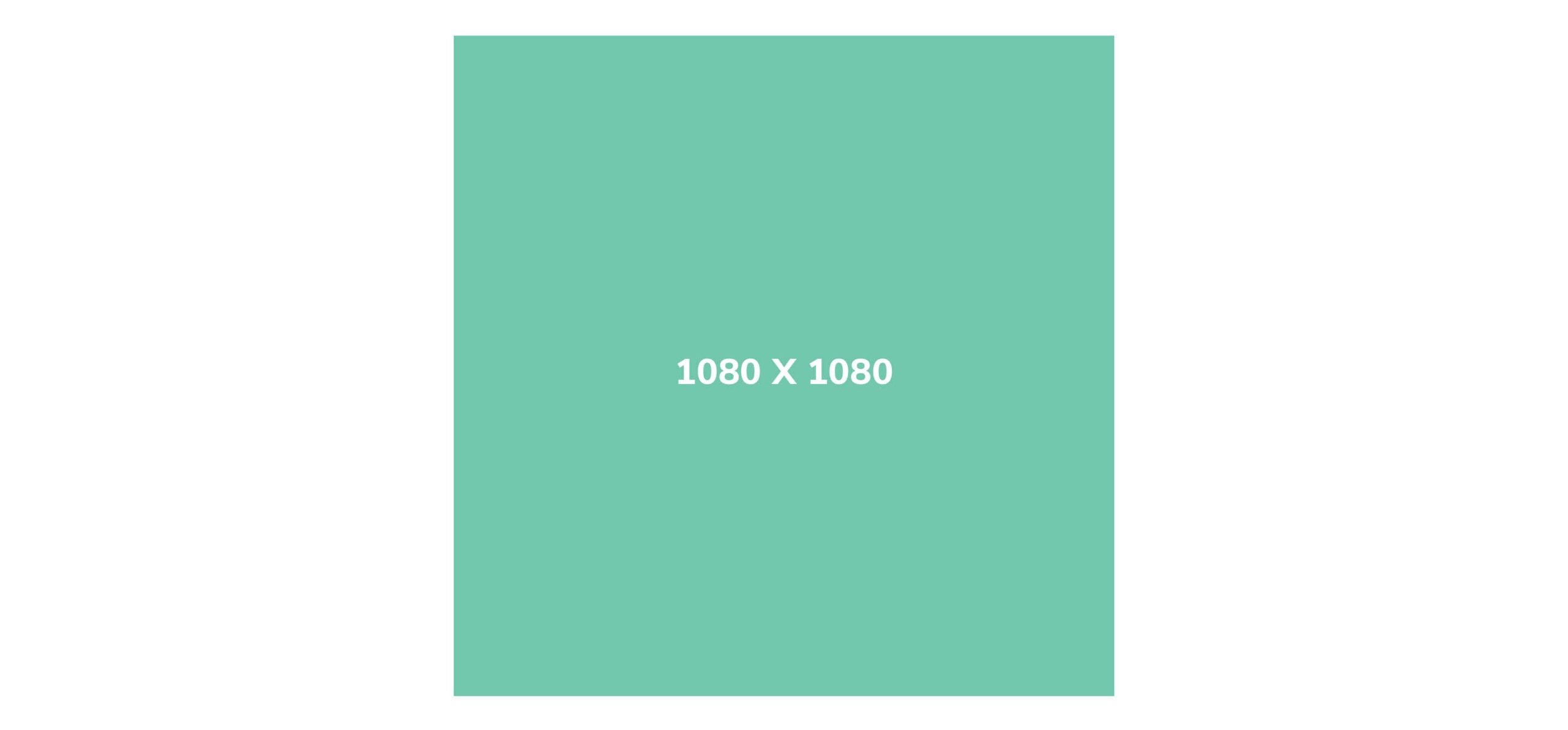
Rectangle lovers—don’t leave yet—there is a place on Instagram where you can thrive. Let me introduce you to Instagram Stories and Reels! These can be intimidating for businesses, but allow yourself to lean into them. Share posts, prompt engagement with polls or questions, and post all the RECTANGLE graphics your heart desires. But like, vertical ones. Instagram Reels, like Stories, use vertical rectangular dimensions, making them perfect for your creative content.
Stories
1080 pixels x 1920 pixels
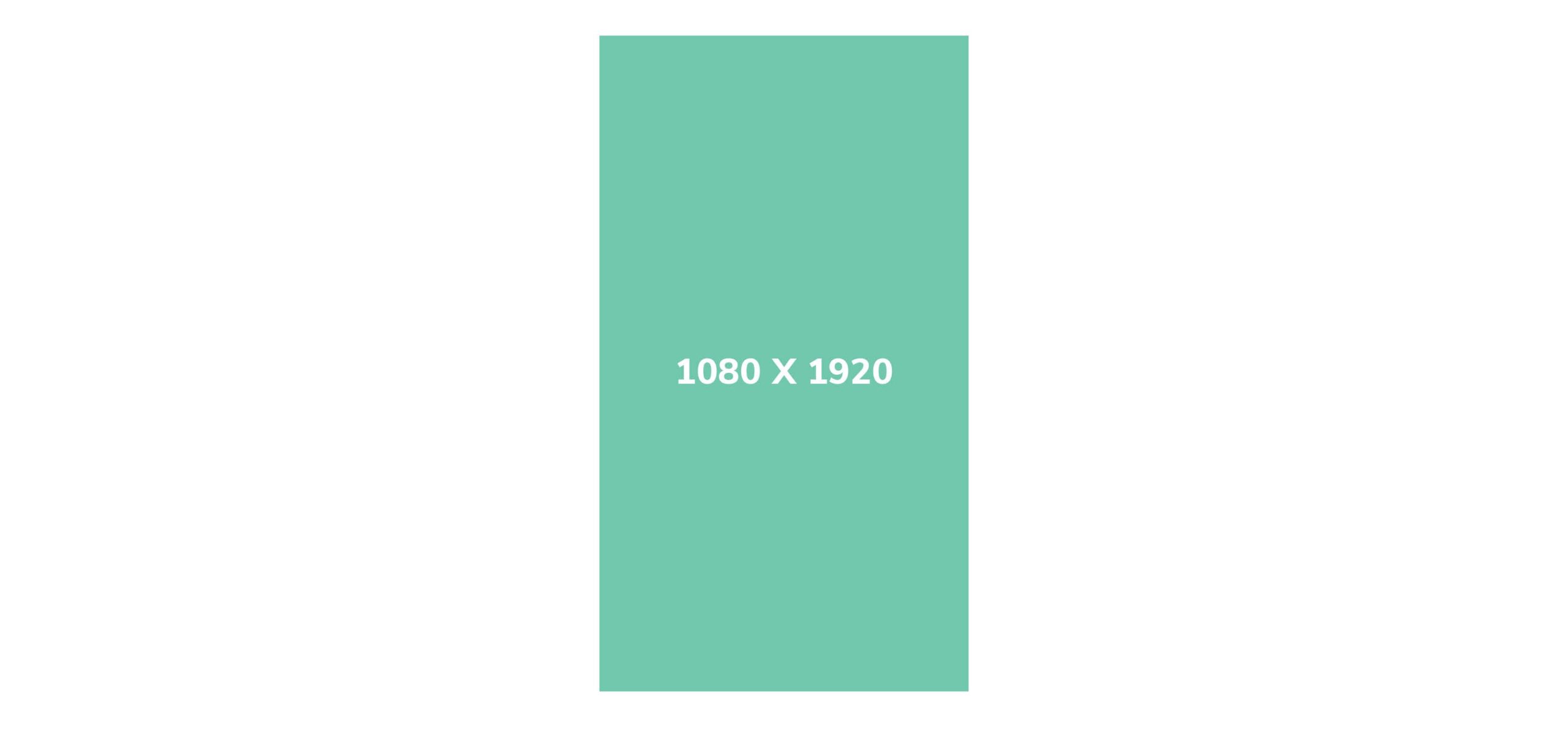
Look Good and Stand Out on LinkedIn
LinkedIn, now over 20 years old, has grown significantly as a social platform. No longer used only for networking and job hunting, users post regularly and interact as frequently as they do on other platforms.
Companies utilize LinkedIn to showcase their people, culture and relevant information—including recruitment efforts. With six people being hired through LinkedIn every minute, there’s a lot of competition among employers, making it crucial to stand out with easy-to-view, eye-catching images.
Image-sizing can be stressful, but it’s time to face your fears because posts with images get twice the engagement. Unless you’re hiring for a graphic designer and trying to make a point, then start embracing photos with the specs listed below.
COMPANY LOGO IMAGE
400 pixels x 400 pixels
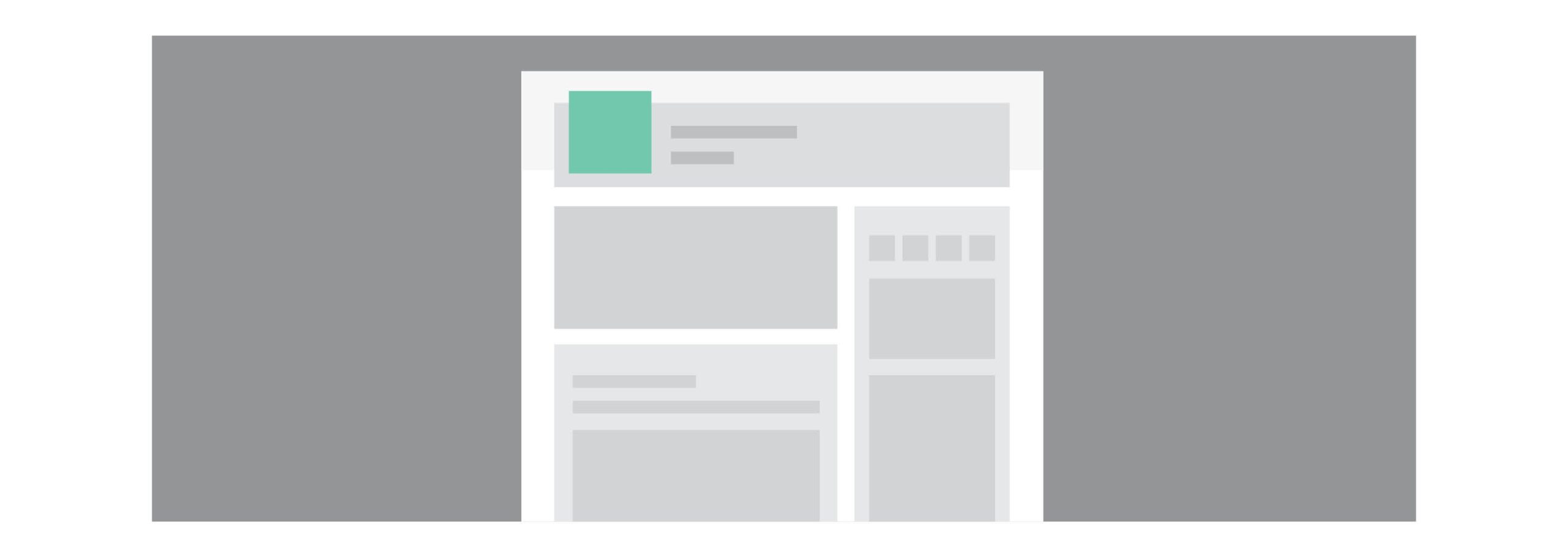
COMPANY COVER IMAGE
1128 pixels x 191 pixels
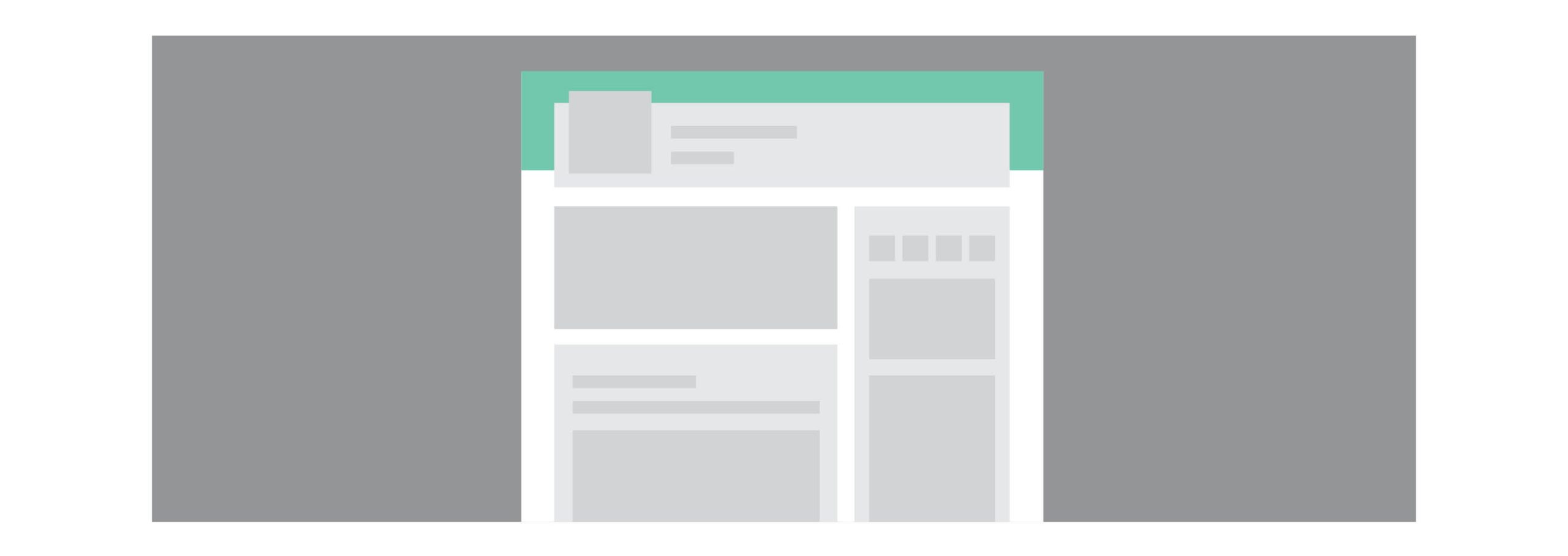
SHARED IMAGES & LINK
1200 pixels x 627 pixels
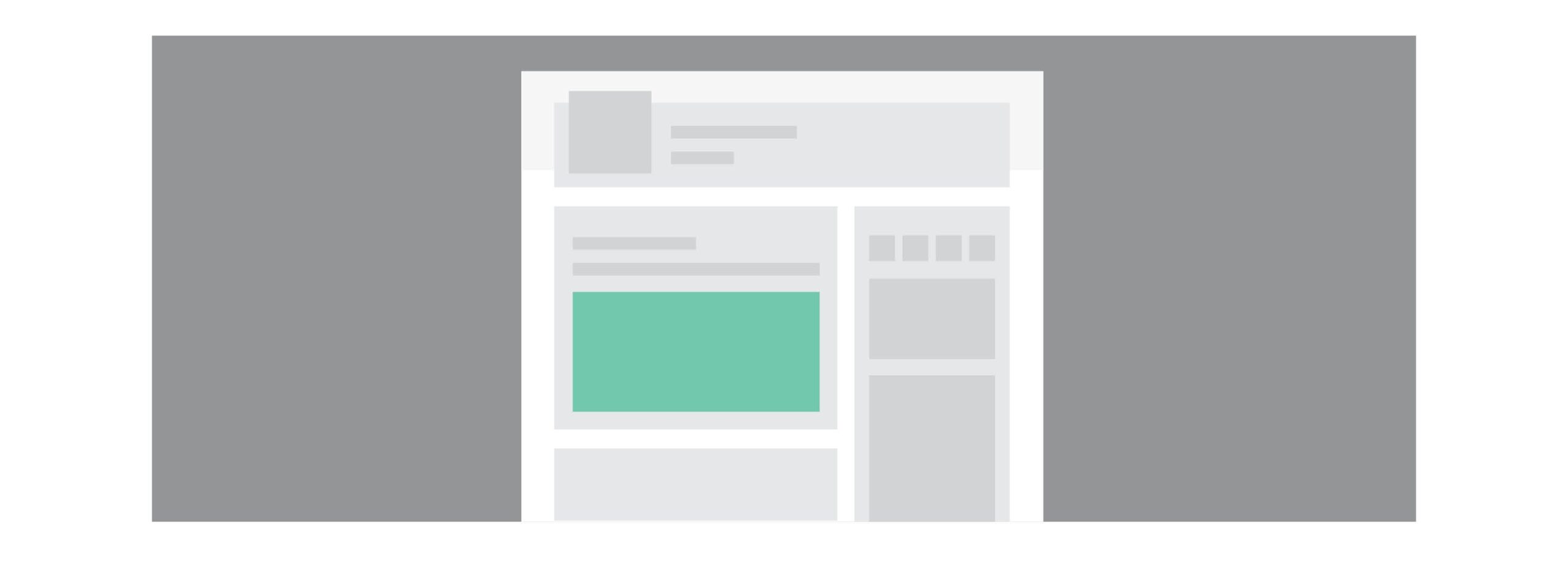
LIFE TAB: MAIN IMAGES & COMPANY PHOTO
1200 pixels x 627 pixels
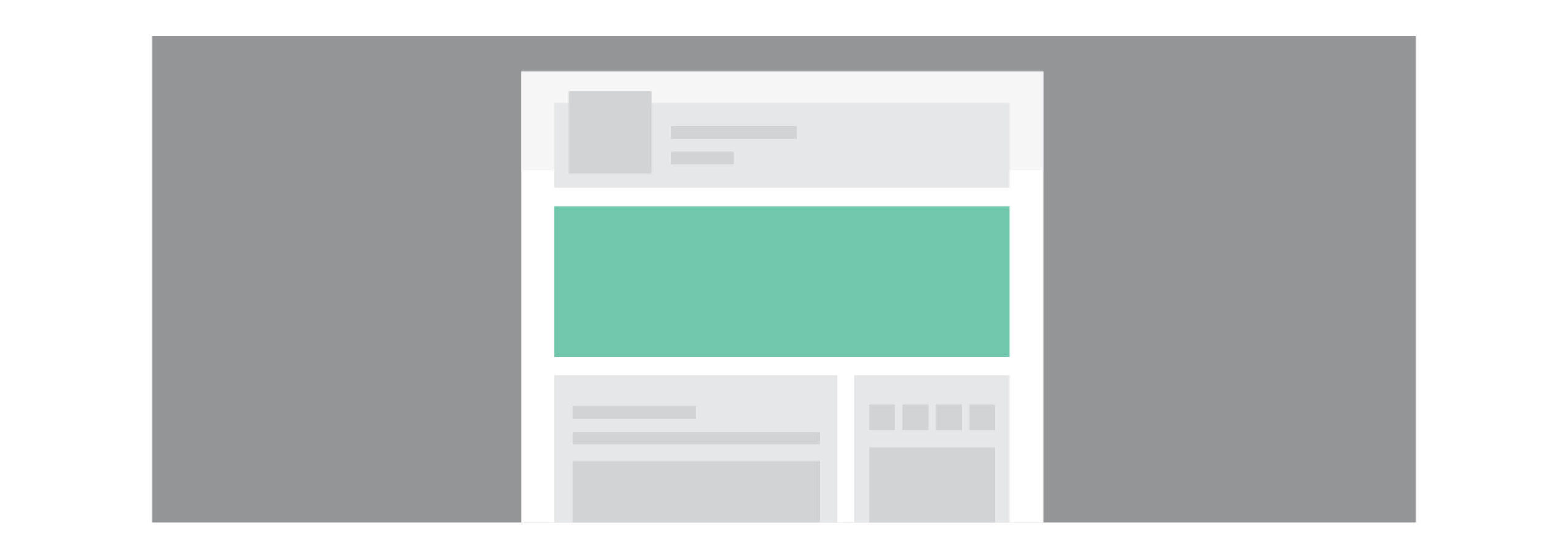
“It’s Not Me. It’s You.”—Google Display Ads
Over 1.2 million businesses rely on Google Ads to market their products and services, but if you’re a first-timer it can be an intimidating process. Due to Google’s strict requirements for placing ads, it is highly unlikely that you will ever get a low-quality or incorrectly sized image running. However, dealing with rejections and revisions can waste a lot of time. While the strict rules are frustrating, having them in place prevents a lot of errors. It’s best to design with the proper dimensions right out of the gate.
LARGE RECTANGLE
336 pixels x 280 pixels
LEADERBOARD
728 pixels x 90 pixels
HALF PAGE
300 pixels x 600 pixels
MEDIUM RECTANGLE
300 pixels x 250 pixels
LARGE MOBILE BANNER
320 pixels x 100 pixels
MOBILE LEADERBOARD
320 pixels x 50 pixels
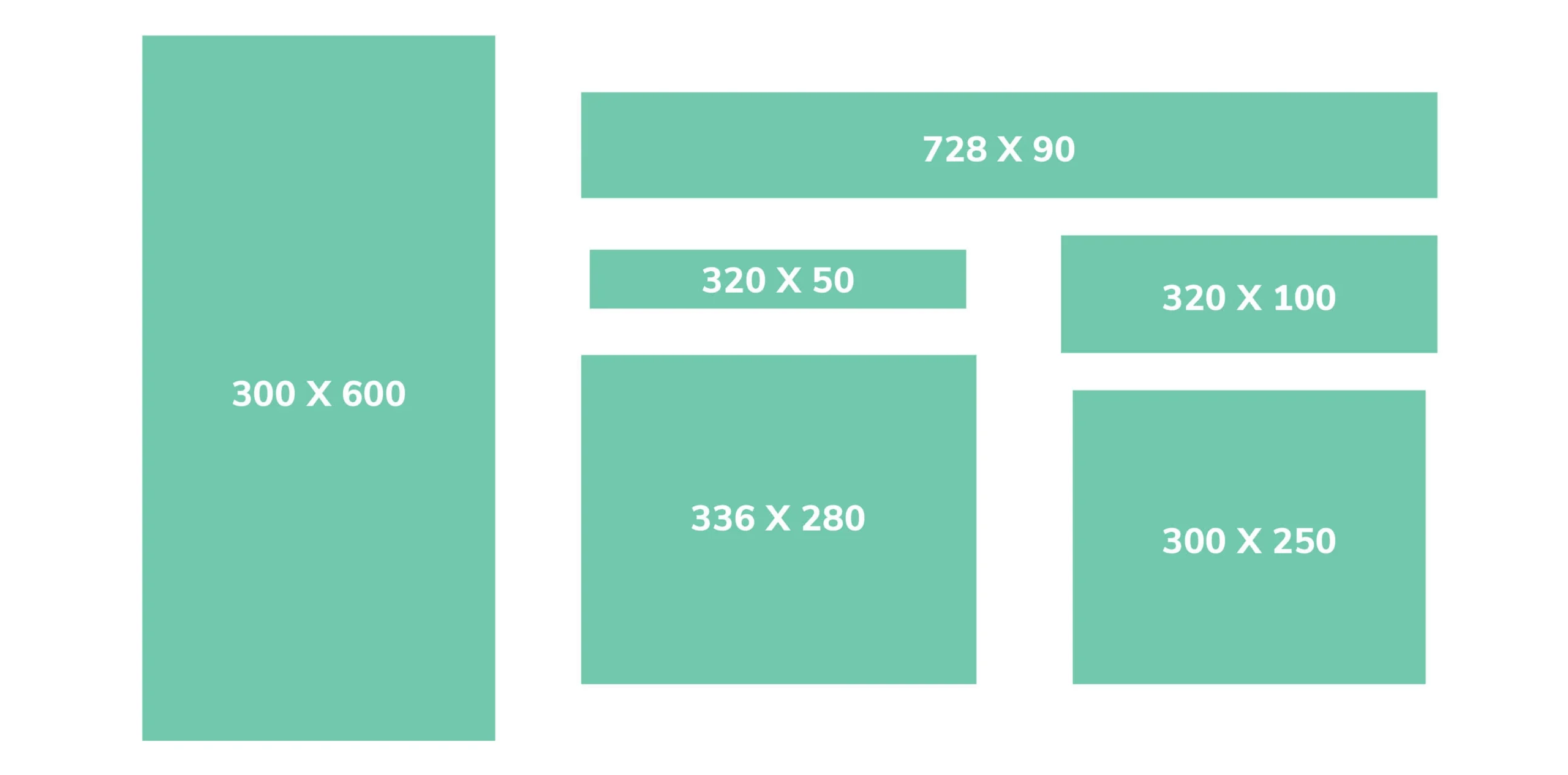
Interactive Ads with Snapchat
If your business has ventured into the Snapchat realm—then you’ve probably figured out the specifications rather quickly. Whether you’re uploading a geofilter to celebrate your company’s event or promoting a new product or service with a featured lens, Snapchat is a fun way to get the word out. Look at the Nothing Else is REESE’S campaign, for example. The only thing that looks more ridiculous than turning your head into a giant piece of chocolate with a face is an incorrectly sized Snapchat ad.
IMAGE OR VIDEO
1080 pixels x 1920 pixels
VIDEO LENGTH
3 to 180 seconds, 30 seconds if created in Snap Publisher
Filters
1080 pixels x 2340 pixels
BUFFER DANGER ZONE
210 pixels from top and bottom
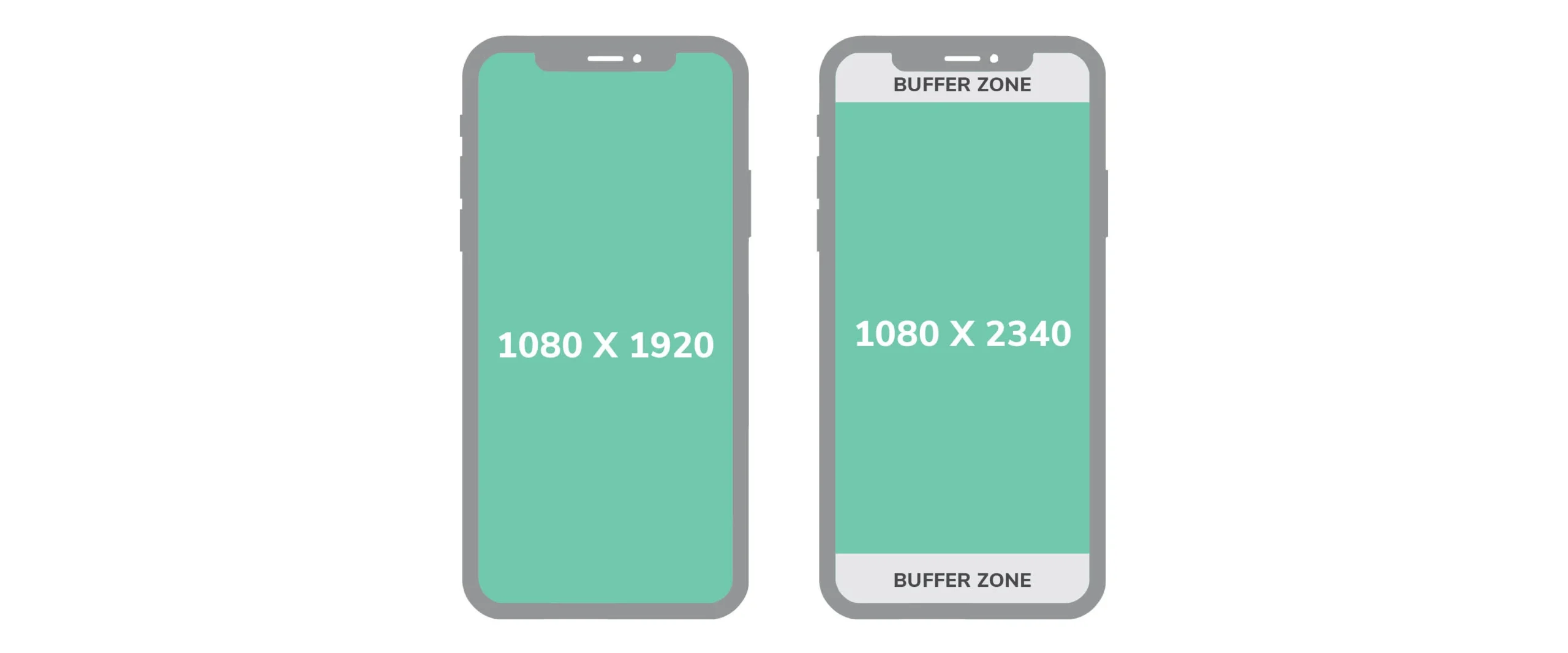
YouTube
Despite the many video-based platforms that have emerged, YouTube continues its reign as video king when it comes to the number of users. This is because the platform caters to a wide variety of users and is the second-largest search engine on the internet, competing only with its parent company—Google.
Having appropriate channel dimensions on YouTube creates a professional, trustworthy appearance for users seeking credible content on products, services or other information.
CHANNEL PROFILE IMAGE
800 pixels x 800 pixels

CHANNEL COVER PHOTO
2560 pixels x 1440 pixels
Safe Zone = 1546 pixels x 1152 pixels
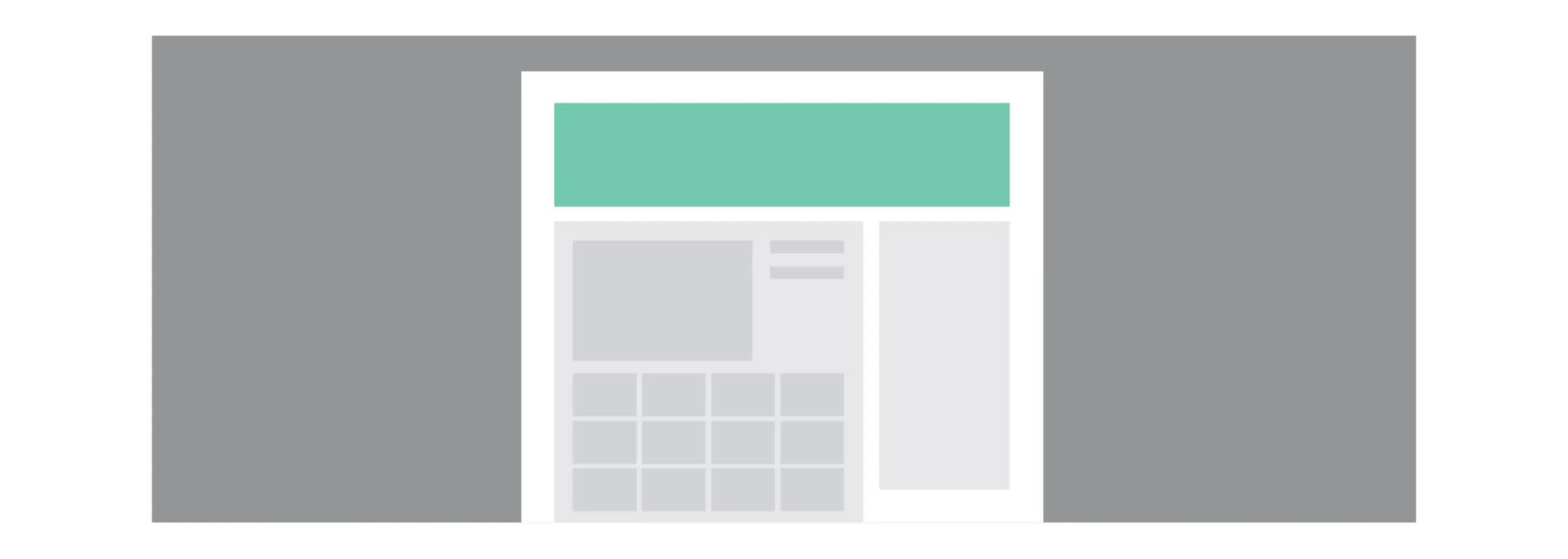
Put A Finger Down: TikTok Edition
The app you love to hate—TikTok. Put a finger down if you’ve lost hours going down a TikTok rabbit hole or binging satisfying videos on #CleanTok. Even the most stubborn of us fell to the short-form video app eventually. And the few that remained strong? Well, they are viewing TikToks too—just shared via text message links.
The platform has taken the world by storm one trend at a time, especially amongst younger generations, and is a no-brainer when it comes to advertising to these audiences. However, sizing can be tricky, especially if you’re not an avid user. We’ve listed some specs for in-feed ads, but don’t hesitate to check out other types.
IN-FEED VERTICAL ADS
540 pixels x 960 pixels
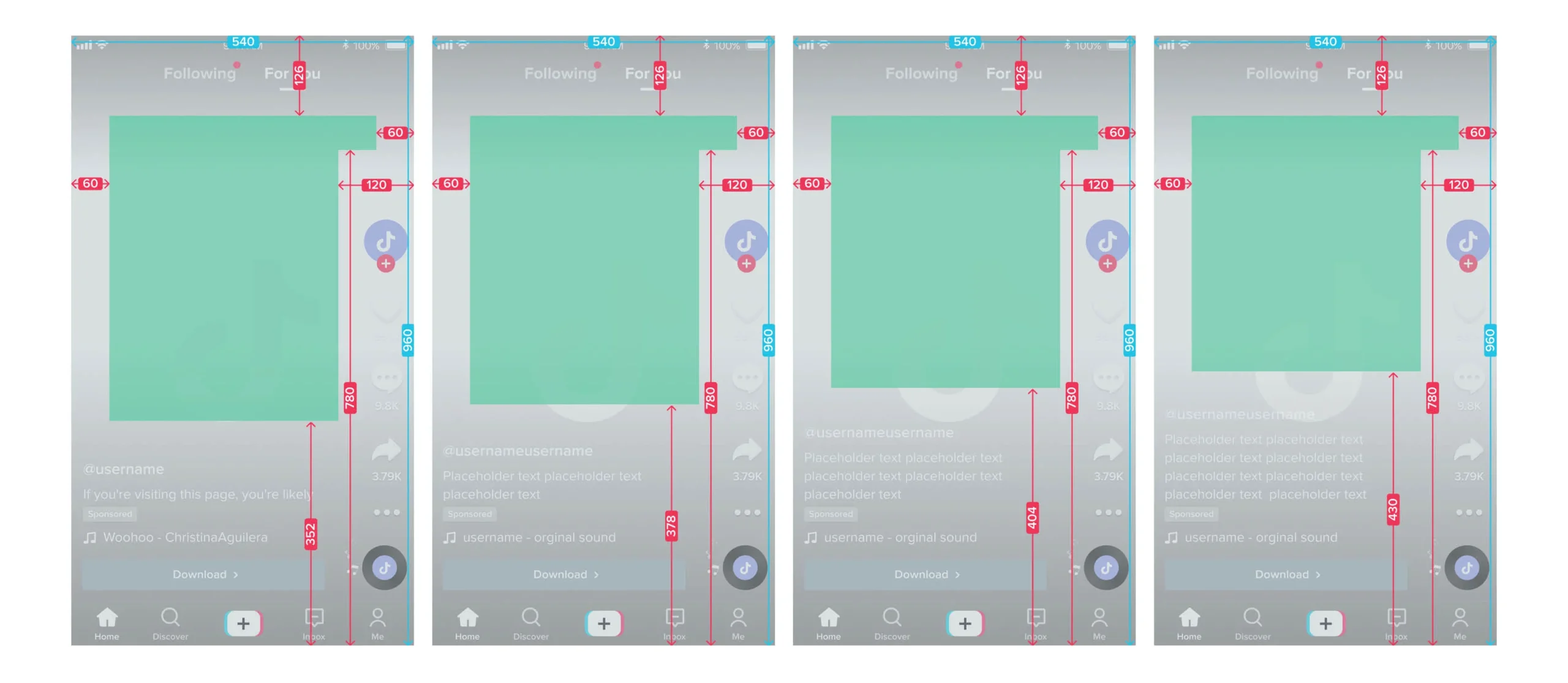
IN-FEED SQUARE ADS
640 pixels x 640 pixels
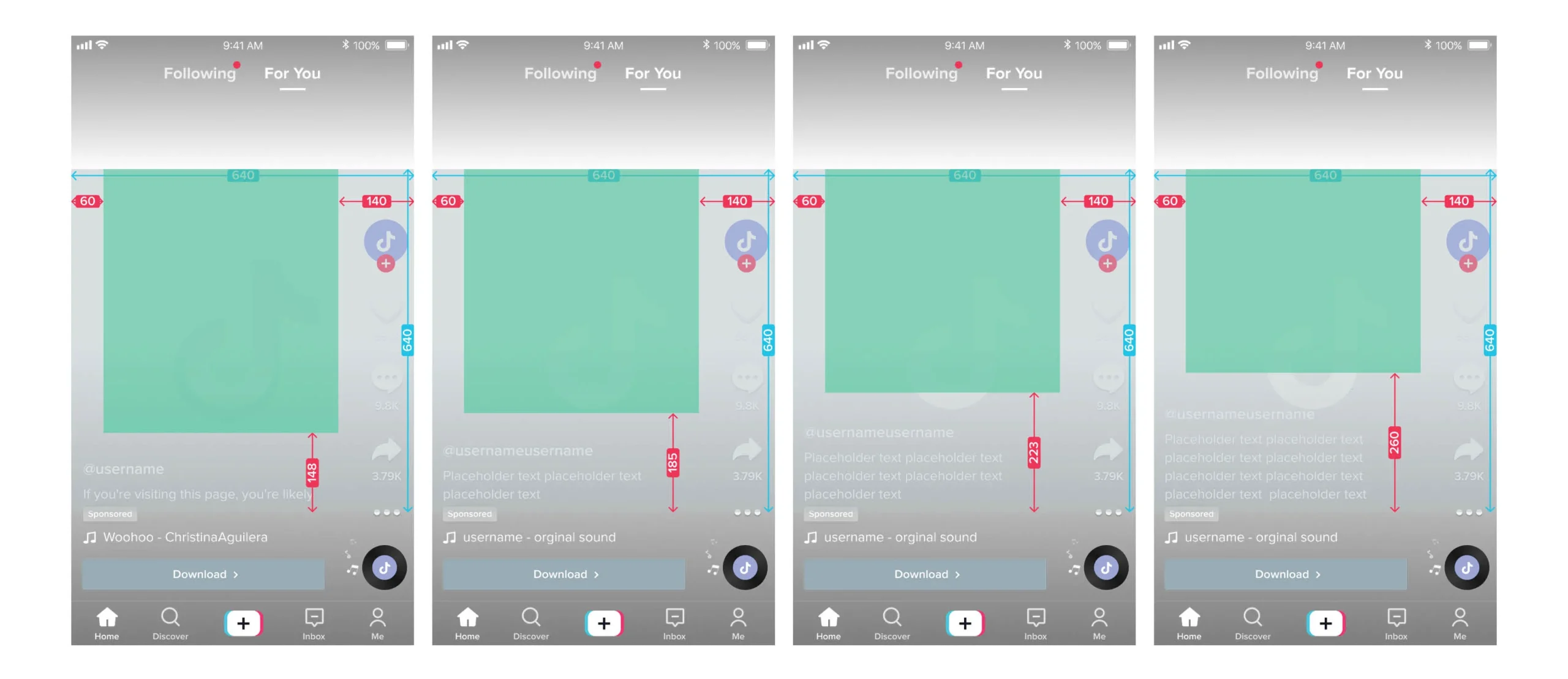
IN-FEED HORIZONTAL ADS
960 pixels x 540 pixels
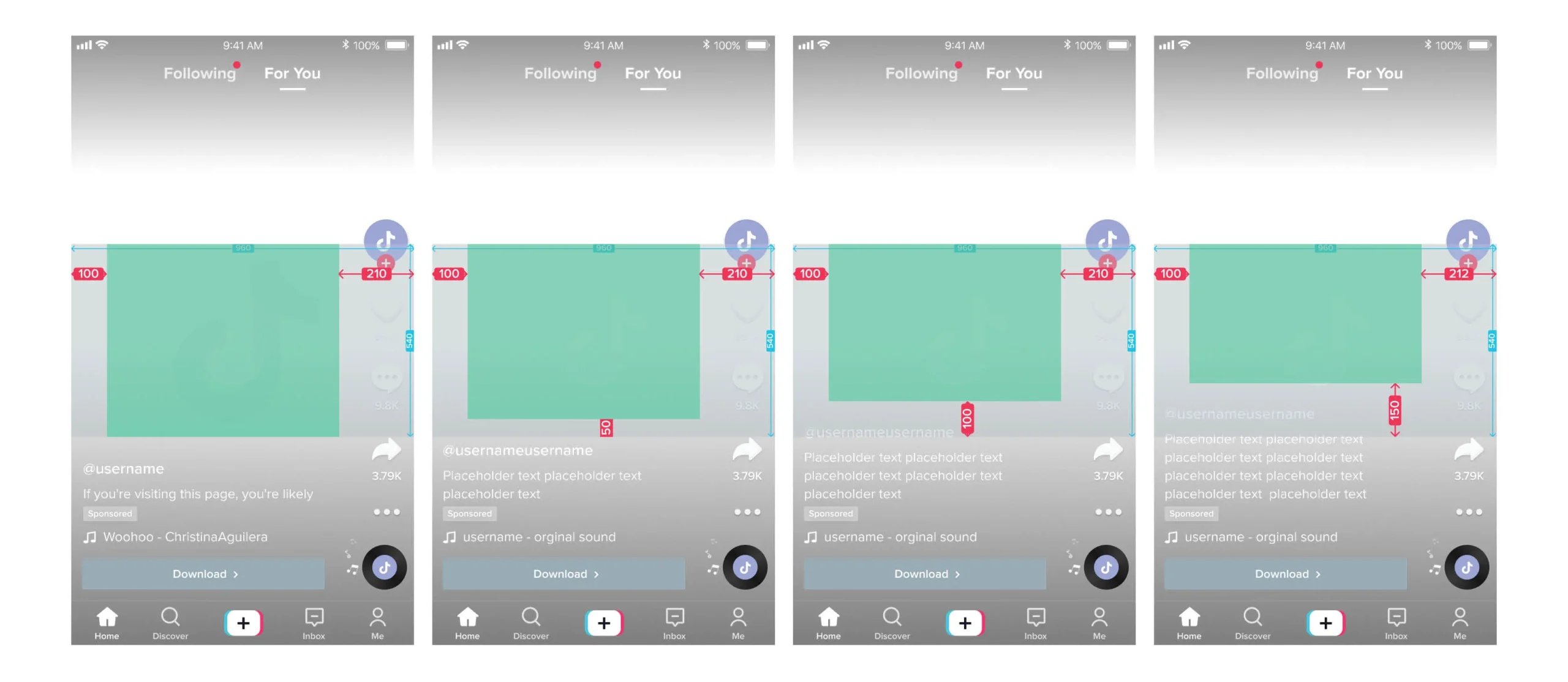
HubSpot
HubSpot is a software developer specializing in inbound marketing, sales, and customer service. While this might not be top of mind when we think of image-sizing, the service does offer blog and email distribution solutions, requiring featured images. If your company uses, or is considering using HubSpot, you’ll want to keep these image dimensions in mind.
BLOG FEATURED IMAGE
1200 pixels x 627 pixels
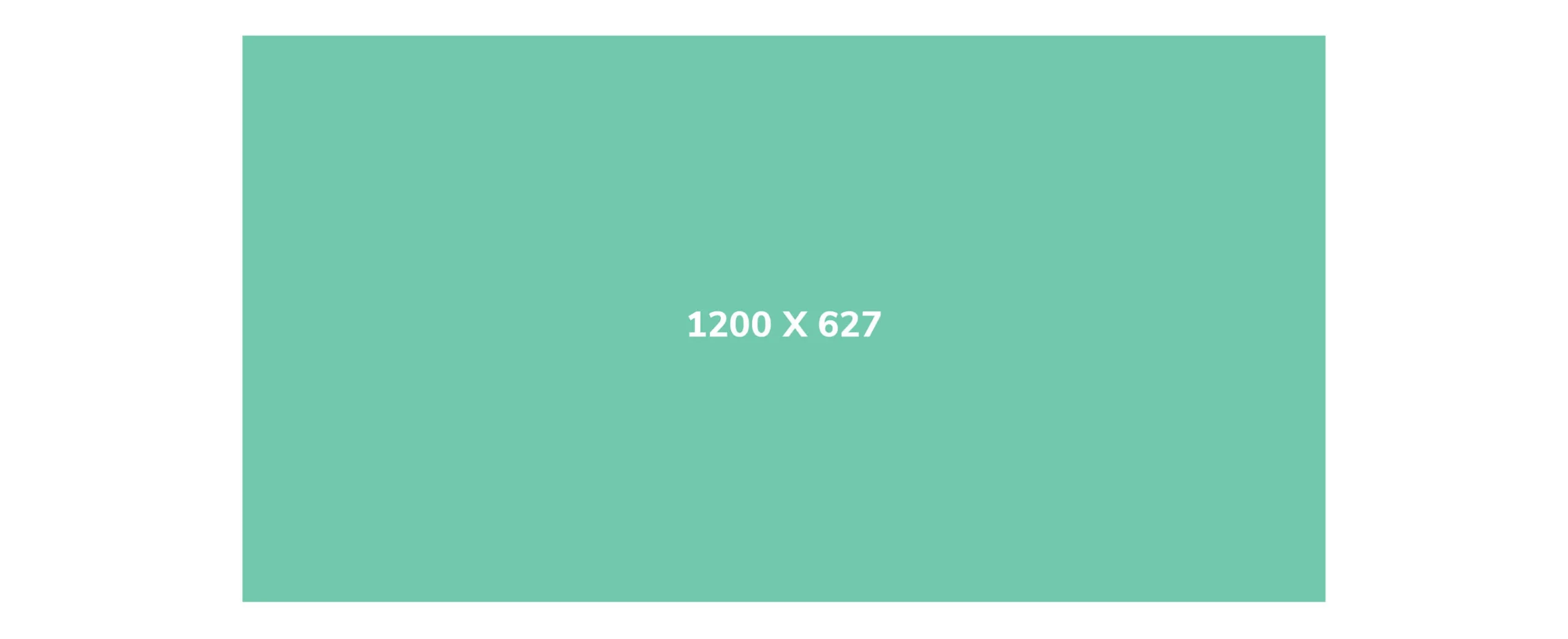
EMAIL HEADER IMAGE
Maximum width 600 pixels, height varies

This list isn’t all-encompassing, as the world of social media and marketing offers unlimited opportunities—all with their own image-sizing. However, we tried to capture the most common types that business owners and marketing professionals might encounter.
If the thought of implementing all this information makes you feel unwell or overwhelmed—reach out. This is our expertise, and we’re happy to offer a hand so you can focus on what’s most important to you: operating your business.
